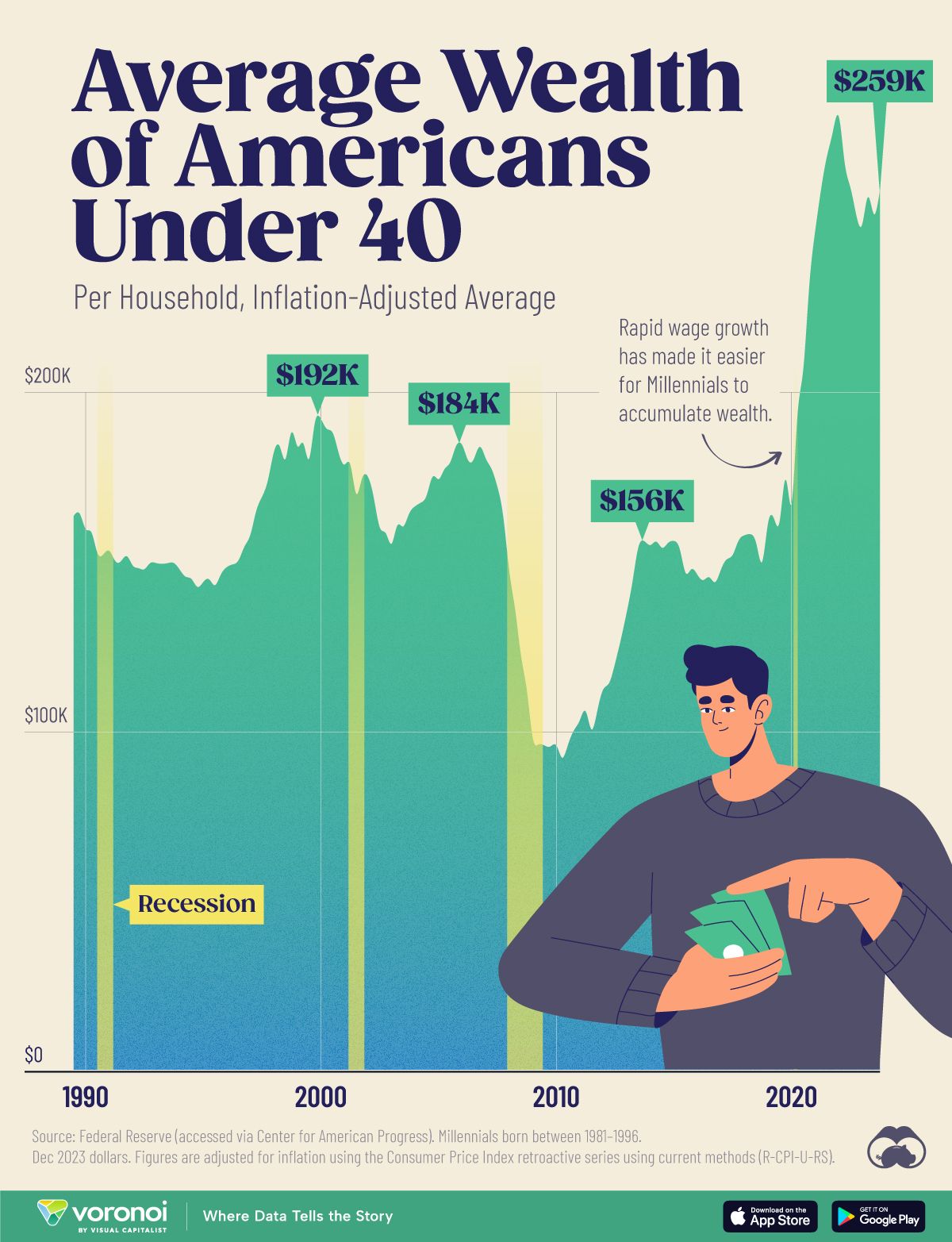Copywriters are babysitting the robots now
Also: Thailand becomes #38.

Today I have for you a cautionary tale on how AI is changing the way creatives work, a tech startup scandal, hot links and a great website to follow if you're a visual learner.
—Nick Wolny

Copywriters are babysitting the robots now

I have a lot to say about how AI has impacted the writing industry. But I'm saving it for a big announcement I have coming soon that I can't quite share yet.
In the meantime, this story I found over at BBC was a really good example of what's happened to some segments of our industry. In a nutshell.
The source, interviewed under a pseudonym because of an NDA, used to lead a network of 60 writers and editors to deliver a substantial content strategy to a large technology website. When AI came along, the work iterated in three stages, which should now sound familiar.
“Give the AI headlines, receive back outlines”
The BBC source's writers' jobs changed from idea generation and structure to executing on the article recipes handed to them. The AI wasn't good enough yet to write the articles, so the writers were still needed.
“Give the AI headlines, receive back the entire article”
Then, as the chatbots got trained (which you can do), they became good enough to produce the whole article from the headline and prompt alone.
AI writing tends to be subpar, so some editors were kept on, but the rest were axed. The editors' jobs changed again, this time to cleaning up robot slop. I've cleaned up some robot slop myself from time to time, it blows.
“Optimize for efficiency”
Eventually, the company figured out how to make the editing process more streamlined. Everyone else on the source's team was axed; the source now edits robot slop all day, every day, for a living.
I share this story because it's important for us as both consumers and creators to see AI for the disruptive technology that it is. Yes, you're tired of hearing about it, and yes it's fun to make fun of AI mishaps. But big business isn't tired at AI or all; companies are pouring into it and investing enormous sums of money. This is why we use part of the hot links section of this newsletter to touch on AI and future tech; by paying attention to this industry, you can pivot and stay ahead.
What that looks like for me personally is asking myself this question: “What would be totally AI-proof?” Curation, commentary, and more video (coming soon) are my answers so far, which is why this newsletter has evolved into what it is today.
Read this quick writeup at the BBC to keep the fire under your butt.

The mess at Perplexity

More AI, I know. But I think it's good to realize that a lot of these AI companies are flat-out lying to people about how much content they steal (and commit copyright infringement upon) to build their tech engines.
A new investigation published by WIRED yesterday found that Perplexity, an AI-powered startup aspiring to hit a $3 billion valuation, used secret IP addresses to scrape content from websites that had explicitly blocked Perplexity's web crawler bot.
Many websites are now blocking crawler bots from AI startups. Medium blocks it, CNET blocks it, and many others do too in an effort to protect their IP and cut down on the mass plagiarism AI commits. Sites do this by putting the block instructions in the robots.txt file, one of the main files every website has.
Perplexity said they were respecting websites' robots.txt instructions. But according to WIRED's investigation... they weren't. The company made at least one stealth IP address to go around the blocking instructions and steal entire website's content anyway.
Perplexity has already attracted negative press this spring for its CEO's morally tone-deaf comments and propensity to lie on the mic. He's lied about the timing of deals made with publishers, lied about referral traffic that comes from his company's product and used the same deflection tactics so common with tech CEOs (saying “we don't understand the technology,” et cetera) as soon as they are challenged.
Eyes up, fam. Grab some popcorn and check out this investigative report.

Reading is fundamental

Money and Work
Summer Fridays are on the decline—companies may be replacing them with WFH days. A big shift -- 11% in 2024, down from 55% in 2019 -- but I think hybrid/remote work becoming more normalized is the culprit. (CNBC)
Apple will discontinue Apple Pay Later. It will instead enable Buy Now, Pay Later options this fall in iOS 18. I HATE THIS. (9to5Mac)
Wells Fargo Bet on a Flashy Rent Credit Card. It Is Costing the Bank Dearly. Wells Fargo is the one getting screwed for once; this card is costing them $10 million a month. (The Wall Street Journal)
Understanding the Sales Cycle: 7 Key Steps. (Shopify blog)
-
AI and Tech
YouTube is experimenting with Notes, a crowdsourced feature that will let users add context to videos. (TechCrunch)
Black founders are creating tailored ChatGPTs for a more personalized experience. (TechCrunch)
Sinclair Media is flooding local news websites with hundreds of deceptive articles about Biden's mental fitness. (Popular Information)
A Third of My Online College Students are AI-Powered Spambots. Now what? Ugh, so much good independent stuff on Medium lately! (Medium)
Nvidia passed Microsoft to become the most valuable company in the world, with a market capitalization of $3.34T. The stock is up 9x since January 2023. (CNBC)
-
LGBTQ+
The Club Q shooter was sentenced. Anderson Lee Aldrich, who killed five and injured 19 at the LGBTQ+ nightclub Club Q in Colorado Springs in November 2022, has been sentenced to 55 concurrent life sentences to run consecutively with 190 years in prison after pleading guilty to 74 hate crimes and firearms charges. (LGBTQ Nation)
Thailand will make history as the first Southeastern Asian country likely to legalize gay marriage. They're the 38th country to legalize same-sex marriage; Thailand is scheduled to host World Pride in 2030. (LGBTQ Nation)
Queerty released its Pride 50 list. (Queerty)
An interview with Carl Siciliano, whose teenage spiritual awakening led him to found the Ali Forney Center in NYC, which has become an LGBTQ youth shelter model worldwide. (The Caftan Chronicles)
No one really asked, but PornHub gave us a report on what gay porn users search for state-by-state anyway. (them)
Donald Trump attempted to woo LGBTQ+ voters with a pitch to the Log Cabin Republicans, a MAGA LGBT organization. Log Cabin republicans are a stealth political subset of the queer community; in a recent poll, 28% of queer people said they would vote for Trump in November. (The Hill)

Digestif
Love a good infographic, especially when it makes heady economy stuff easier to understand.
That's why I'm a fan of Visual Capitalist, a site that has presented economic data sets in an illustrated format for years. It's all about the visuals, baby.
These illustrations don't have a lot of utility on their face. And I think they’re sometimes oversimplified — for example, in the graphic below, average wealth isn’t actually that useful, because some millennials are billionaires whose net worth might be skewing the numbers. (Say it with me: median is better!) But the visuals are lovely to look at, and that gets people engaged, so I’ll take it.

Follow Visual Capitalist on social if you like cool graphics, or download Voronoi, their app.
Cheering you on,
—Nick

Sign up for Financialicious
A free email newsletter on personal finance, business, LGBTQ+ matters and how they all intertwine. Written by Out Magazine finance columnist Nick Wolny.
You've already made it this far. Sign up for free, unsubscribe at any time.
